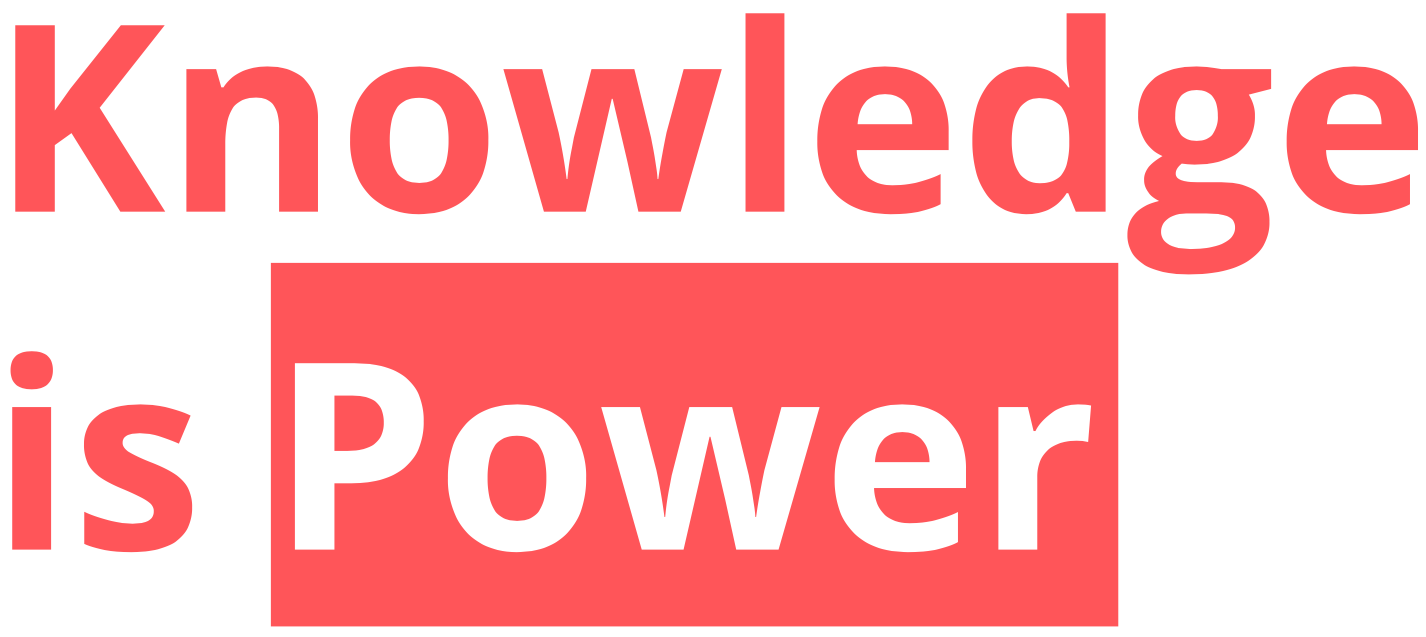Knowledge is Power Toolkit
Action, change and development
There are various ways you might use your research to help bring about change in and with your community. We offer up four approaches which you can adapt, mix and match as suits your context.
· Using your research to influence others
· Engaging with systems, processes, networks partnerships
· Understand and make use of the Community Empowerment Act
· Evaluating impact
Using your research to influence others
You may wish to use your research to affect change within your community, or to help secure funding, to build support for a project or to raise awareness of an issue:
Using your research to influence decision making [link]
Using evidence in funding applications [link]
Engaging with systems, processes, networks partnerships
For some projects, the objective is to work with partnerships and networks to influence how things are done. You may be using your research to influence such groupings and/or you may be looking to work together to identify solutions and try things out. Facilitation skills and process may be helpful here as might a co-production approach to addressing challenging problems.
Facilitation skills and tools [link]
Co-production guide [link]
Understand and make use of the Community Empowerment Act
The Community Empowerment Act places new opportunities in the hands of communities. Public sector organisations are increasingly required to engage with communities and there are statutory tools available to community bodies:
Community Empowerment Act guide [link]
Participation request guide [link]
Evaluating impact
It is likely that you will want to evaluate the impact of any action and also your action research as a whole. Many approaches to evaluating impact share similarities with the research methods described previously. The following guides will help you understand the process and utuility of evaluating impact:
Evaluation tools starter [link]
The concept of ‘evaluability’ is also useful in this context – in short making sure your intended outcomes and evaluation process match up. This ‘What Works Scotland’ guide is useful [link]
